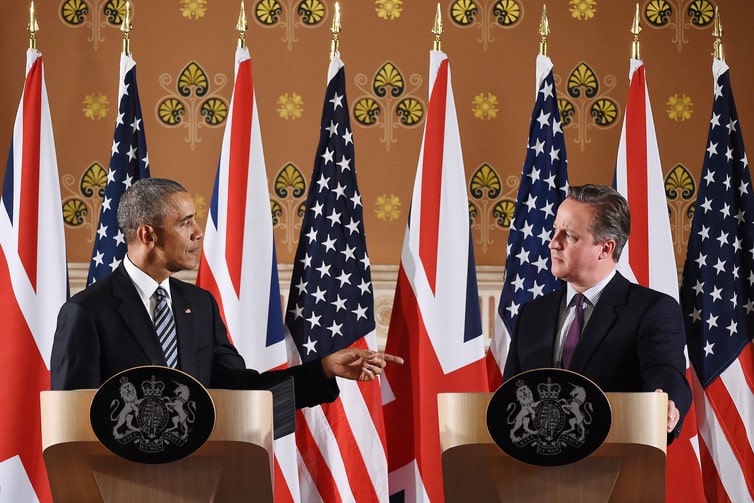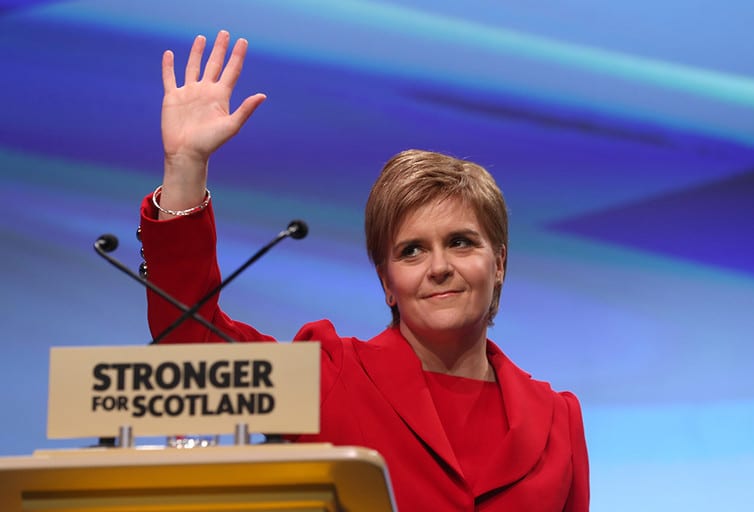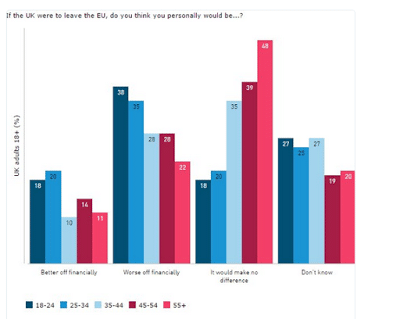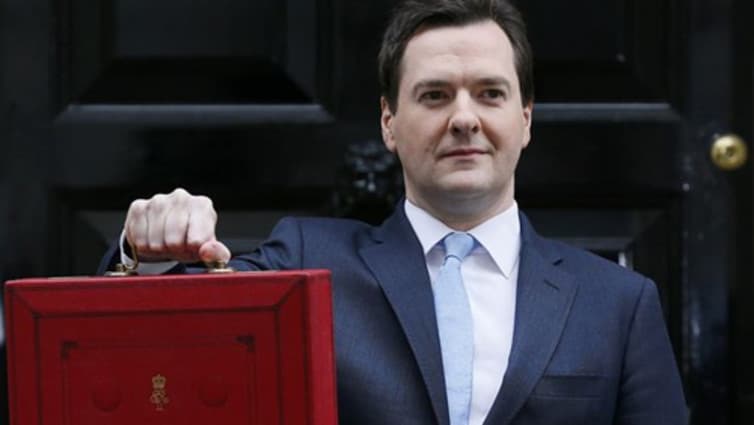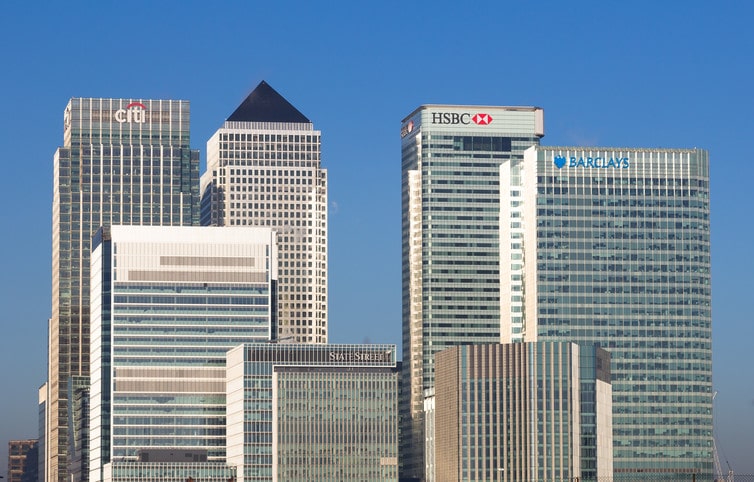Brexit Reaction was Swift
The United Kingdom has voted by a close margin to leave the European Union. Here, experts from around the world react to the news which has sent shockwaves around the world and what it means for their country. This article will update.
France
Frédérique Berrod, professor of public law, Sciences Po Strasbourg and Antoine Ullestad, PhD candidate in European law, University of Strasbourg

